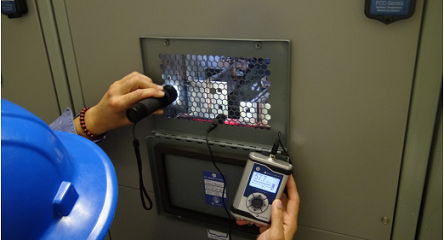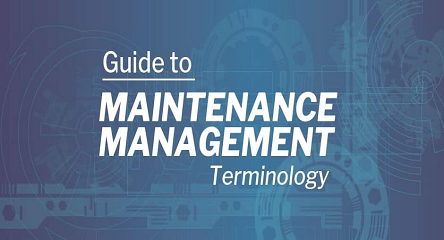Unexpected downtime is a major issue that keeps maintenance and reliability professionals up at night and is inevitable in asset-intensive industries – especially manufacturing. Unexpected downtime is becoming more frequent in organizations and can cause a company’s production – and therefore revenue – to come to a halt.

How Can Downtime Impact Your Company?
Downtime can have an array of effects on businesses. One of the main impacts of unexpected downtime is lost revenue. Whenever a company’s production is disrupted, every minute that goes by is potentially a minute of lost revenue.
What Causes Unexpected Downtime?
There are many reasons why unexpected downtime may occur. Unexpected downtime can be the result of a material issue, such as requiring a spare part for your equipment that cannot be located, or a virtual issue, such as a virus in your software. Other causes of downtime include equipment failures, power outages, human error. Bad asset and maintenance master data can also impact unexpected downtime. For example, an inappropriate preventive maintenance plan can result in unnecessary equipment failures. Another example is delays resulting from missing or incorrect spare part information.
How Can Downtime Impact Your Company?
Downtime can have an array of effects on businesses. One of the main impacts of unexpected downtime is lost revenue. Whenever a company’s production is disrupted, every minute that goes by is potentially a minute of lost revenue.
What Causes Unexpected Downtime?
There are many reasons why unexpected downtime may occur. Unexpected downtime can be the result of a material issue, such as requiring a spare part for your equipment that cannot be located, or a virtual issue, such as a virus in your software. Other causes of downtime include equipment failures, power outages, human error. Bad asset and maintenance master data can also impact unexpected downtime. For example, an inappropriate preventive maintenance plan can result in unnecessary equipment failures. Another example is delays resulting from missing or incorrect spare part information.

How Does Bad Master Data Impact Maintenance Processes?
Efforts to reduce unexpected downtime such as improving scheduling or cost analysis, or implementing predictive maintenance (PM), reliability centered maintenance, (RCM) and failure modes and effects analysis (FMEA), cannot be effective if your EAM system does not contain master data that is high-quality and accurate. For your master data to be high-quality, this also includes all your assets being organized into a hierarchy that is appropriate and optimal for asset performance management (APM).
Improving maintenance and APM are desirable goals for most organizations, but to succeed you require high-quality master data as your foundation. If you are planning an EAM migration or upgrade, this is the ideal time to ensure the master data imported into your new EAM system is cleansed and accurate.
Consider Improving Your Master Data to Reduce Unexpected Downtime
NRX AssetHub helps identify data quality issues using strong reporting capabilities to highlight gaps and measure the completeness of the asset and maintenance master data residing in your EAM system before you migrate the data to your new system.
By making it easy to find issues related to data quality, NRX AssetHub helps you increase maintenance efficiency and reduce downtime. This allows you to optimize or change maintenance strategies for existing assets. If you would like to learn more about how NRX AssetHub can help your company cleanse and eliminate EAM data challenges to reduce unexpected downtime, book a demo and our team would be happy to help you!







